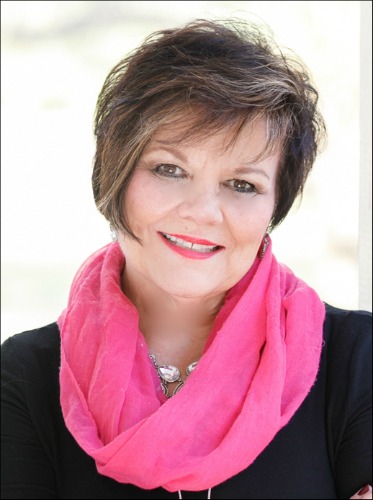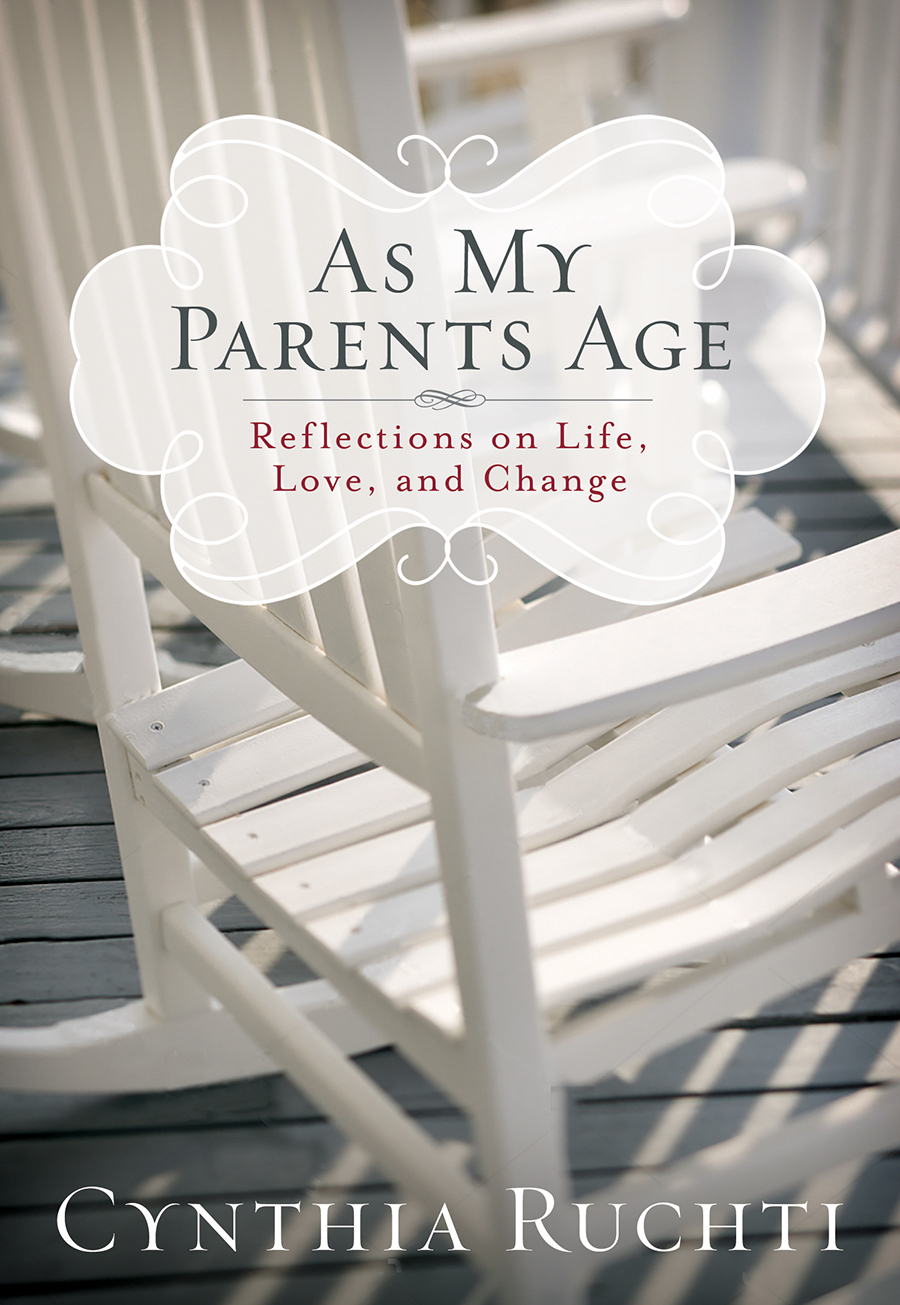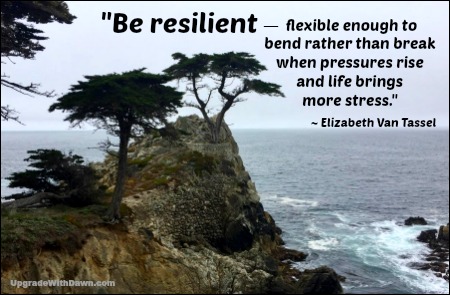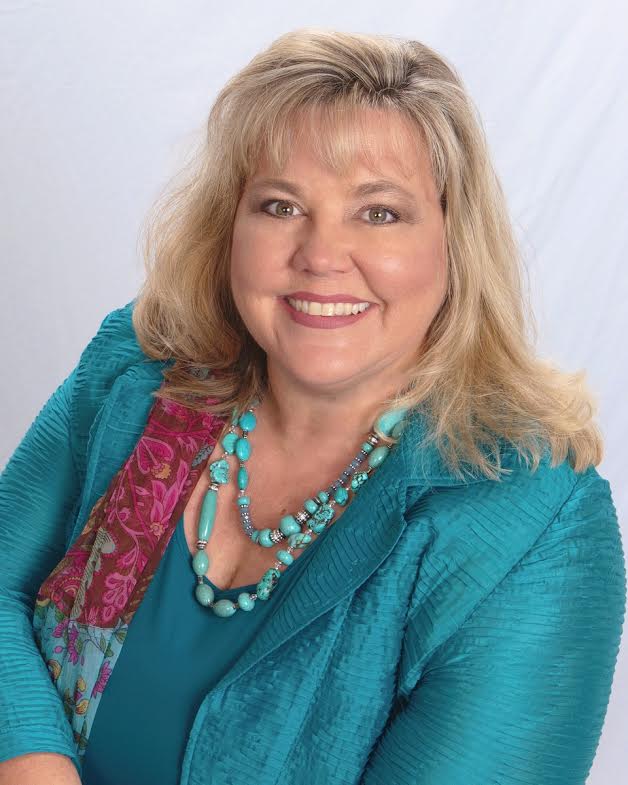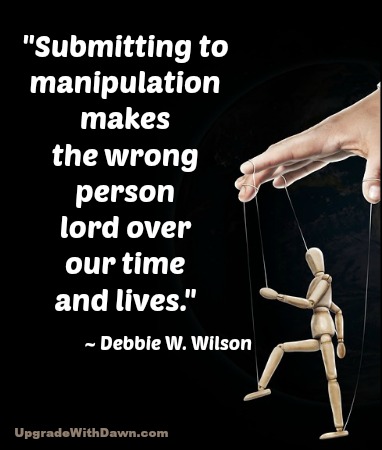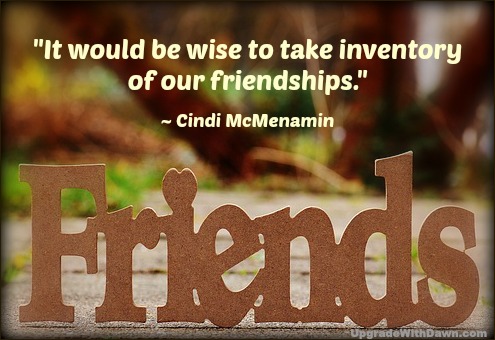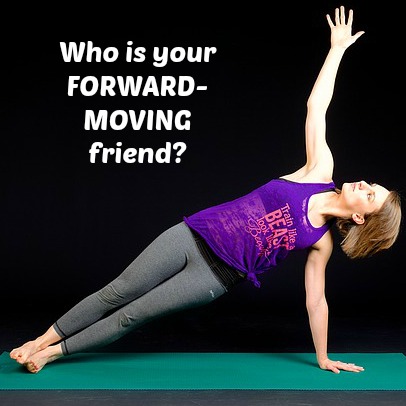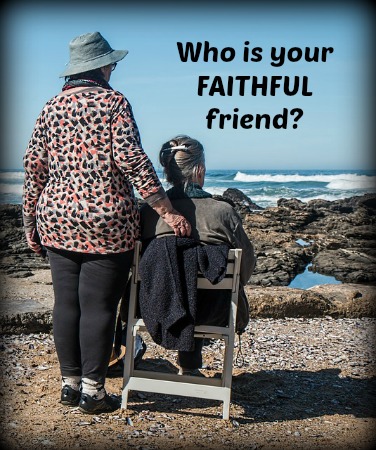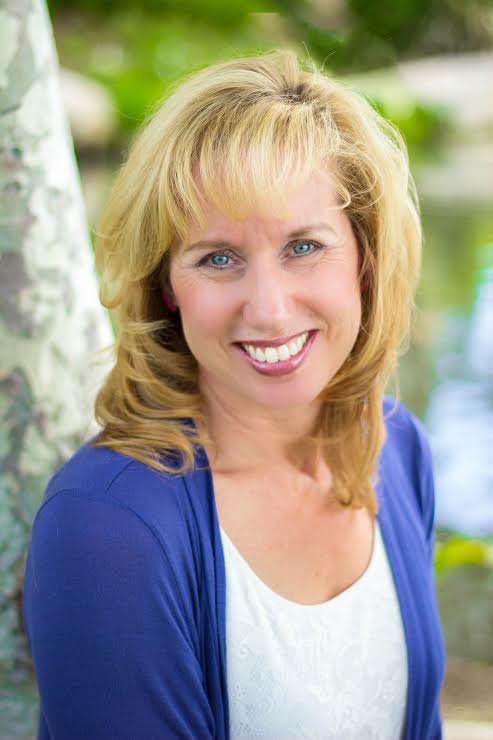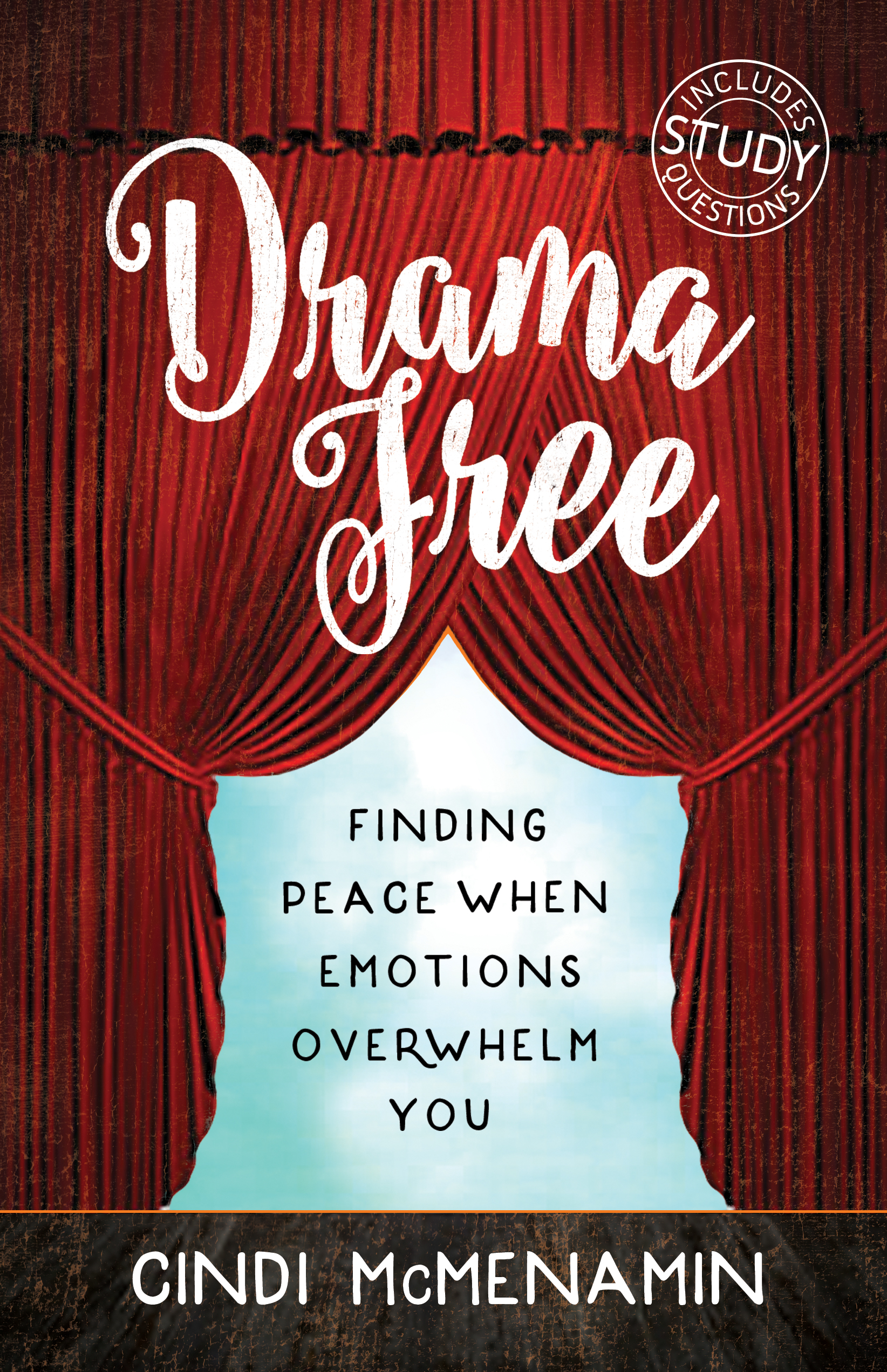Singleness and Our Desire for Family
Nali Hilderman is one of the most radiant young women I know. She's single-minded toward the Lord, and that colors her attitudes about living as a single in this stage of life. I invited 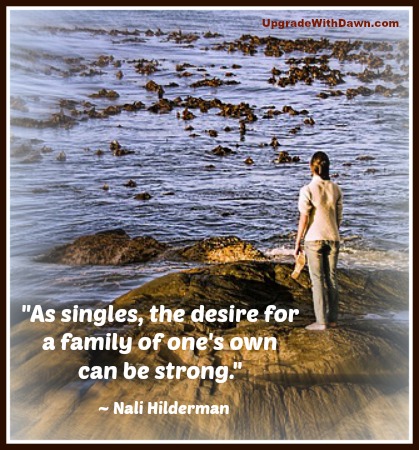 Nali to share about her growth in this Single Christians UPGRADE.
Nali to share about her growth in this Single Christians UPGRADE.
"As singles, the desire for a family of one’s own can be strong," Nali says. "Yet we are stuck in a weird in-between which is not fully the past, and definitely not the future."
I (Dawn) still remember traveling across America as a single woman and longing to have a husband and children and settle down. Nali's right; the ache was strong. I wish I'd had this wise counsel back then.
Nali continues . . .
One of the main things I hear from singles, and struggle with myself, is the loneliness that comes from not having a family of one’s own.
As I’ve wrestled through this, here are three things that have helped me navigate that desire for husband and children. I hope they’re an encouragement to you as well!
1. Be your Own Family.
Several years ago I sensed the Lord asking me to step out in faith and live my life AS THOUGH marriage and family might not happen. What I sensed was that he wanted me to live my life to the fullest and “stop waiting” for life to begin once I crossed the altar or had my first child.
The Lord has told us that He came to give us life abundantly (John 10:10b) and that remains true regardless of your marital status!
So, I bought a house (a huge blessing), and slowly I’ve made my home my own, and begun my own “family” activities. I decorate for Christmas, I have special traditions, that are unique to me, not my family of origin and hopefully they’ll be something that I can share with my own family, one day.
2. Think Outside the Box About Family.
 While I was in that season, I also distinctly felt the Lord telling me that my singleness had a purpose, which was to invest 100% of myself in my work—which, as a professor, is investing in the lives of students. (Note: That's Nali, bottom left in white, having fun with some of her students.)
While I was in that season, I also distinctly felt the Lord telling me that my singleness had a purpose, which was to invest 100% of myself in my work—which, as a professor, is investing in the lives of students. (Note: That's Nali, bottom left in white, having fun with some of her students.)
I realized if I had a family of my own, there was no way I’d have the time or energy to impact these young adults the way I do as a single woman.
While you may not have that same “built in family option” at your workplace, I guarantee there are youth groups and Sunday school classes that would LOVE your help and your investment made in the lives of the kids.
The Bible tells us in Titus 2:1-5 to mentor others and pour into the next generation.
3. Find or Join a Friend’s Family.
You probably have many friends with families of their own, and one of the greatest joys is to join their family activities.
I’m not talking about babysitting.
I’m talking about doing life with them—meal time, play time, nap time, activity time—simply join them in whatever they’re doing.
When I do this, it blesses me and makes me feel like I’m part of a family; and I know it blesses their parents to have the “adult company” and also someone else to invest in their children.
One of my favorite things to be called is “Auntie Nali.”
To hear my sister’s kids (pictured, right) and my friend’s kids call me that fulfills my deep desire, for now, to 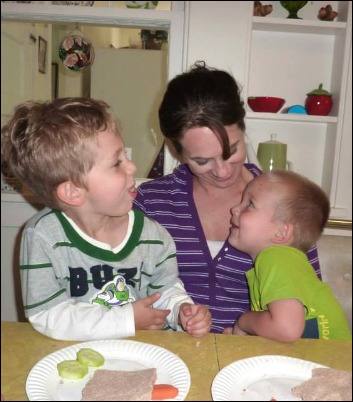 be called "Mom."
be called "Mom."
I know that the desire for your own family can be overwhelming and you wonder when, maybe if, it will ever happen. (I know I do.) But let’s try to focus on the things we have right in front of us and use this precious time we have now to learn to invest in the lives around us.
If we are faithful in these things, we’ll be even more prepared to invest when it’s our turn.
Psalm 37:3 says, “Dwell in the land and cultivate faithfulness.” How can you dwell in the land (i.e. season of life) and cultivate faithfulness in your desire to have a family today?
Nali Hilderman is a professor of American history and Political Science at San Diego Christian 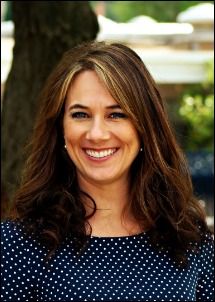 College and Director the college’s Dr. Henry Morris Leadership Program. She studies women’s history and Christian theology trying to make sense of how to be a confident, successful Christian woman who does not buy into the secular feminist mentality.
College and Director the college’s Dr. Henry Morris Leadership Program. She studies women’s history and Christian theology trying to make sense of how to be a confident, successful Christian woman who does not buy into the secular feminist mentality.
Graphic adapted, courtesy of stevepb at Pixabay.
 Post a Comment → Posted on
Post a Comment → Posted on  Tuesday, July 18, 2017 at 7:50AM
Tuesday, July 18, 2017 at 7:50AM  Nali Hilderman,
Nali Hilderman,  Singleness,
Singleness,  Singleness and Our Desire for Family,
Singleness and Our Desire for Family,  Singles,
Singles,  Singles and Family,
Singles and Family,  Upgrade with Dawn Upgrade Your Life
Upgrade with Dawn Upgrade Your Life  Relationships,
Relationships,  Single Christians
Single Christians 





